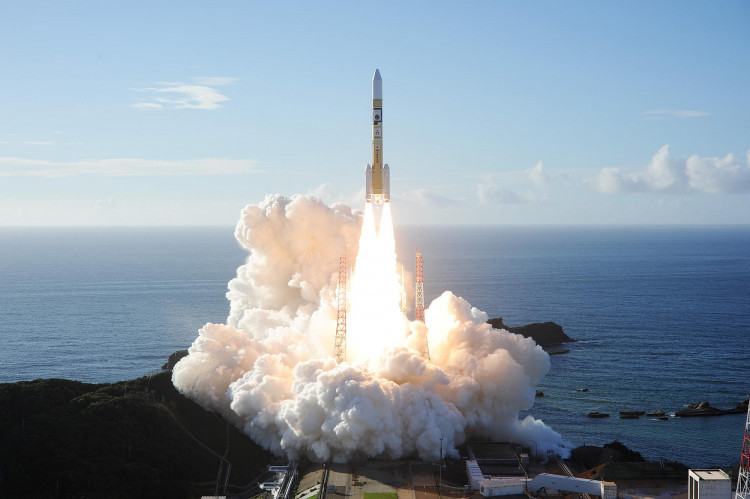The United Arab Emirates has made history by joining the ranks of the world's space powerhouses with the successful launch of its first Mars mission. The probe Hope, or Al Amal, took off from Tanegashima, Japan, on Sunday with an assist from a Mitsubishi booster rocket.
The first interplanetary mission of the United Arab Emirates successfully departed from the southern tip of Japan, sending a car-sized probe destined for the Red Planet. The launch signifies the beginning of the nation's most ambitious space mission yet, aiming to research the environment of earth's distant neighbor.
Emirates Mars Mission program director Omran Sharaf told members of the press in Dubai about an hour and a half after the liftoff that the probe was transmitting signals. The engineers will continue to analyze data sent by the spacecraft and provide updates on the condition of Hope in the coming hours.
Sharaf's team said everything appears to be working perfectly. Hope is set to reach Mars in February next year – the year the UAE celebrates 50 years since the country's formation.
A successful Hope project will be a big step forward for this OPEC member country that is home to Dubai's skyscraper-studded tourist attraction. The Emirates have carried out ambitious space plans, including planning to establish Mars' first inhabitable human settlement by 2117.
In an interview with the Associated Press on Sunday, Sharaf disclosed that the launch sends a very strong message to the Arab youth that if the UAE has the capability to reach Mars in less than 50 years, they could do much more.
Two other Mars missions – one Chinese and one American –mare set to take off in the coming days . Japan has its own Martian moon mission planned for 2024. The UAE's $200 million Hope mission was created with two key objectives: To study the martian atmosphere with three advanced instruments and to provide a "moonshot moment" for Arab youth and serve as an inspiration to help them pursue a career in science.
While bigger space groups like NASA, Roscosmos, and the European Space Agency tend to dominate the spotlight, the Gulf state's space agency is helping show that there is room for smaller programs to make a name on space exploration.
For the UAE, the timing of the launch was very critical. To make sure that Hope is in orbit by the anniversary, the team of scientists had to launch this summer, during a narrow window when Earth and Mars come closest together in their orbits around the Sun. This planetary alignment occurs once every 26 months, so the UAE team had to blast-off this year to meet the 2021 deadline.





